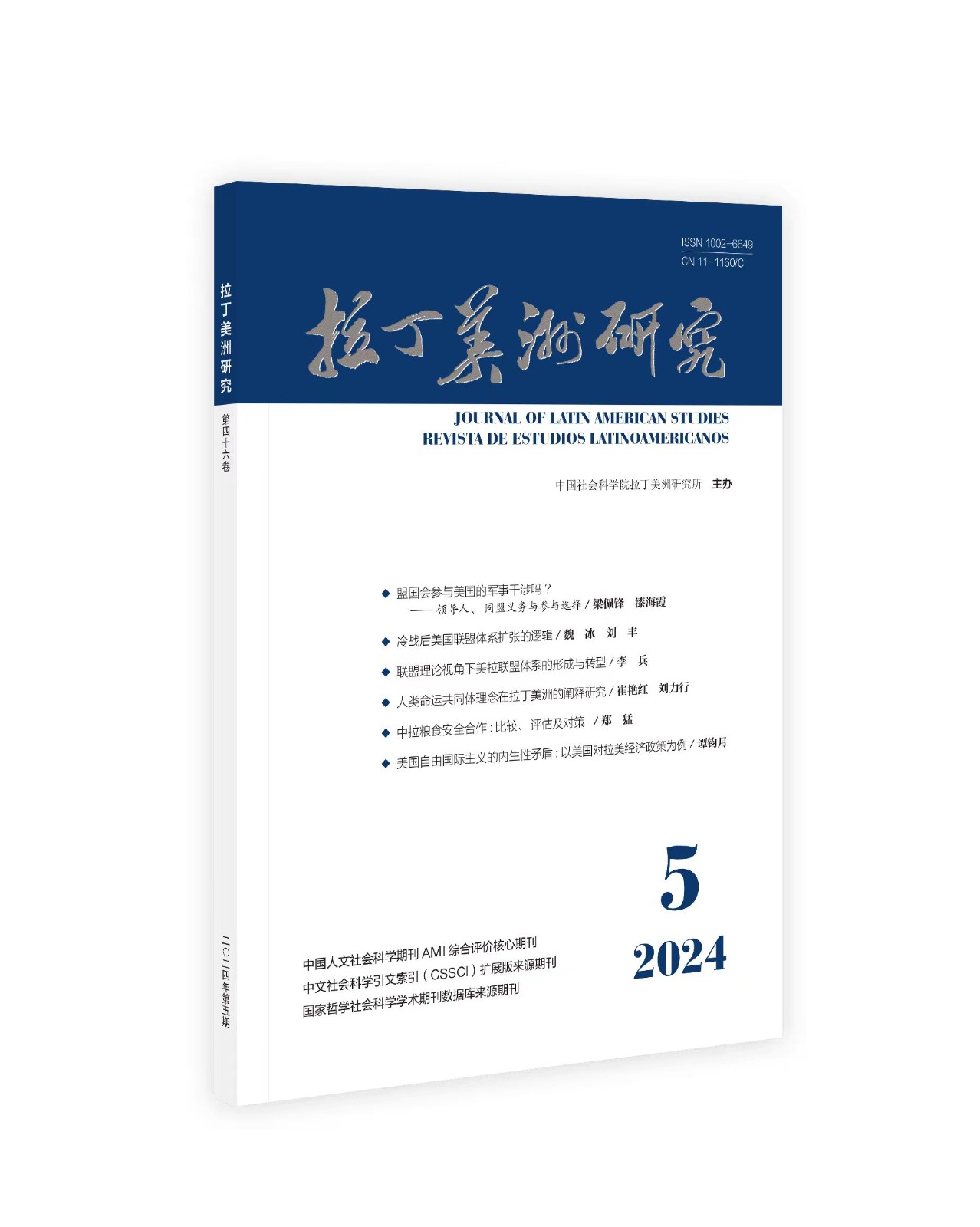Atlantic Creoles
IF 0.7
2区 历史学
Q2 AREA STUDIES
引用次数: 1
Abstract
Berlin 1996 (cited under Overviews) introduced the term “Atlantic Creoles” to describe Afro-descendants whose experiences in the age of the Atlantic slave trade were not primarily defined by the plantation. According to Berlin, Atlantic Creoles distinguished themselves through behaviors that “were more akin to those of confident, sophisticated natives than of vulnerable newcomers.” They displayed “linguistic dexterity, cultural plasticity, and social agility.” The term “Creole” is supposed to denote transformations in identity through encounters across cultural difference. Berlin applied this term to a generation that preceded the consolidation of plantation systems (prior to the 18th century), even though he alluded to the possibility of using this concept spatially, too—to describe Afro-descendants living outside plantation systems as late as the end of the 18th century. Landers 1999 (cited under Overviews) took up this latter approach systematically. Scholars have since applied the label “Atlantic Creoles” broadly to cultural and political brokers who drew on repertoires from Africa, Europe, and the Americas as seamen, traders, diplomats, litigants, settlers, wives, workers, or healers. According to Berlin, the term was not meant to obscure the violence that Afro-descendants were subjected to, but to capture a historical moment when racial categories were more fluid and some could access opportunities. Berlin’s piece has a vast legacy. It drew attention to an array of Afro-diasporic experiences and emphasized the role of West Africans in the making of early Atlantic networks. Since 1996, attention to Africans in Atlantic networks has expanded. Scholars have also examined more closely how their actions and trajectories can shed light on the arc of African history, not just the American one. Yet some scholars have critiqued the term “Atlantic Creoles” for excessive capaciousness. In Ferreira 2012 (cited under 18th Century and the Age of Revolutions), Roquinaldo Ferreira argues that it obliterates the specificity of African experiences within pluralistic communities in Africa. Other scholars have critiqued it for romanticizing mobility and insertion into state apparatuses. Upward mobility for some Afro-descendants could often only come with fewer opportunities for enslaved people. Finally, the term assumes a somewhat linear identity formation. In Sweet 2013 (cited under Healing, Religion, and Science), James Sweet argues that historians too often assume that Creole Afro-descendant identities move away from African cosmologies toward Western ones.柏林1996年(引自概述)引入了“大西洋克里奥尔人”一词来描述非洲后裔,他们在大西洋奴隶贸易时代的经历主要不是由种植园定义的。根据柏林的说法,大西洋克里奥尔人的行为“更像自信、老练的当地人,而不是脆弱的新来者。”他们表现出“语言的灵巧性、文化的可塑性和社交的敏捷性”。“克里奥尔人”这个词应该是指通过文化差异的接触而产生的身份转变。柏林将这一术语应用于种植园体系巩固之前的一代人(18世纪之前),尽管他也暗示了在空间上使用这一概念的可能性——描述直到18世纪末生活在种植园体系之外的非洲后裔。兰德斯1999年(引自概述)系统地采用了后一种方法。此后,学者们将“大西洋克里奥尔人”这一标签广泛地应用于文化和政治掮客,他们从非洲、欧洲和美洲招募了海员、商人、外交官、诉讼当事人、定居者、妻子、工人或治疗师。根据柏林的说法,这个词并不是为了掩盖非洲裔后裔所遭受的暴力,而是为了捕捉种族类别更加流动,一些人可以获得机会的历史时刻。柏林的作品留下了巨大的遗产。它引起了人们对非洲移民经历的关注,并强调了西非人在早期大西洋网络建设中的作用。自1996年以来,大西洋网络对非洲人的关注有所扩大。学者们还更仔细地研究了他们的行为和轨迹如何能够揭示非洲历史的弧线,而不仅仅是美国历史。然而,一些学者批评“大西洋克里奥尔人”一词过于宽泛。在费雷拉2012(引自18世纪和革命时代)中,罗奎纳尔多·费雷拉认为,它抹杀了非洲多元化社区中非洲经验的特殊性。其他学者批评它将流动性和插入国家机器的过程浪漫化。对一些非洲后裔来说,向上流动的机会往往比奴隶少。最后,该项采用某种线性恒等形式。詹姆斯·斯威特在2013年的《治愈、宗教与科学》一书中指出,历史学家往往认为,克里奥尔非洲后裔的身份认同是从非洲宇宙观转向西方宇宙观的。
本文章由计算机程序翻译,如有差异,请以英文原文为准。
求助全文
约1分钟内获得全文
求助全文
来源期刊

拉丁美洲研究
Multiple-
CiteScore
1.60
自引率
0.00%
发文量
3870
期刊介绍:
Journal of Latin American Studies presents recent research in the field of Latin American studies in economics, geography, politics, international relations, sociology, social anthropology, economic history and cultural history. Regular features include articles on contemporary themes, specially commissioned commentaries and an extensive section of book reviews.
 求助内容:
求助内容: 应助结果提醒方式:
应助结果提醒方式:


